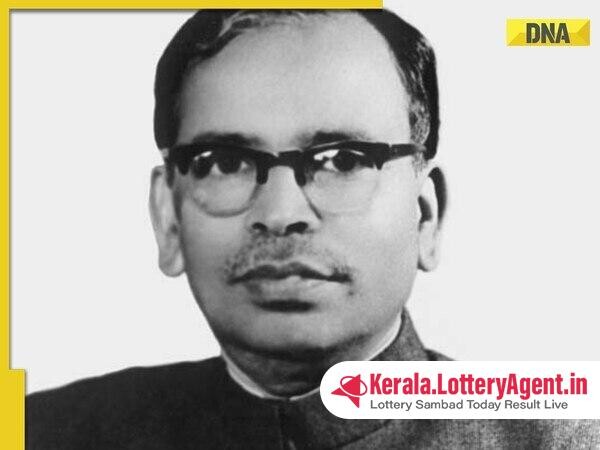
At the heart of India’s dual arenas of defence science and educational reform lies the influential legacy of an eminent scientist and educationist, Daulat Singh Kothari. His life journey, steeped in adversity, disciplines of physics, and service to the nation, etches an inspiring tale of dedication and intellect.
Originating from the princely state of Udaipur, Kothari was born into a culturally rich Jain family. Life presented him with a daunting challenge early on when a plague outbreak claimed the life of his father, who was a school headmaster, leaving 12-year-old Kothari to the care of his mother. Despite the tragedy, the young mind’s zealous pursuit of education never wavered.
Kothari’s academic foundations were laid in his hometown and subsequently in Indore. His scholarly pursuits led him to Allahabad University where he completed his BSc and MSc, gaining the opportunity to flourish under the tutelage of the celebrated physicist Meghnad Saha. From India to the esteemed halls of Cambridge University, Kothari’s thirst for knowledge saw him conquering the rigours of a PhD program, culminating in a thesis on the intricacies of quantum statistics and dense matter.
Embracing his roots, Kothari returned to India, becoming an instrumental figure at Delhi University where he assumed the role of a Professor of Physics. His tenure there was marked by academic excellence and a series of leadership positions. But it was on July 12, 1948, that Kothari embarked on a path that would etch his name into the annals of Indian history, becoming the first Scientific Adviser to the Minister of Defence.
Often hailed as the ‘Architect of Defence Science’ in India, Kothari’s commitment to the nation’s security was palpable through his decision to accept a token salary of just Rs 1 from the ministry, despite being entitled to a more substantial compensation. His eminent role was not just titular; Kothari embodied the dedication of a true patriot.
The dual roles did not hinder his commitment to academia as Kothari continued to impart knowledge through teaching at the university. However, his visionary outlook was to play an even more transformative role in another vital ambit of the nation – education. Stepping into the position of Chairman of the University Grants Commission (UGC), Kothari subsequently chaired the Education Commission. Under his guidance, the commission produced a pivotal document, known as the Kothari Commission report, which laid down the blueprints for a modernized Indian education system.
The nation, in recognition of his towering contributions, bestowed upon him the Padma Bhushan in 1962, followed by the Padma Vibhushan in 1973, celebrating his dedication and excellence.
Kothari’s personal life was reflective of the values and tenets he championed. He found partnership in Sujan Kanwar, nee Surana. Their offspring, too, trailblazed paths in academia and professional spheres. His eldest son, Lakshman, followed closely in his father’s footsteps, taking up the mantle of physics as a professor at Delhi University with a focus on neutron physics and solid-state physics.
Lalit, another of Kothari’s sons, carved out his niche as a professor of physiology, now enjoying a retired life in Jaipur, vibrant at 92 and living an active life. The youngest, Jeevan, ventured into the world of architecture, establishing a reputable name for himself in the field.
The Kothari legacy, thus, imprints itself not just on the family tree but also across the landscape of India’s defence and educational evolution. It is an account of a life personified by sagacity and service to the nation, an enduring narrative that continues to inspire future generations. Through the academic and scientific corridors of India, the name Daulat Singh Kothari resonates, echoing the ethos of a man whose genius was only matched by his humility and profound sense of duty.












